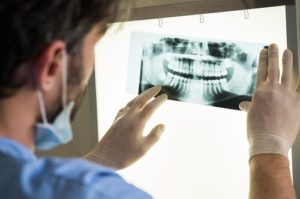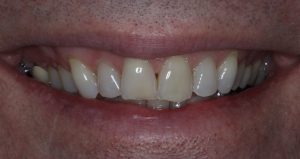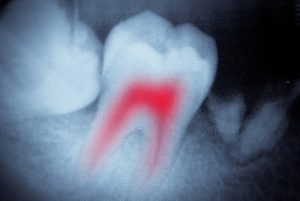Everyone dreams of having a brilliant white smile. But the truth is, not all of us are blessed with a dazzlingly bright, superstar smile. In an attempt to transform our grins, we often turn to whitening toothpastes. In fact, nearly $100 million was spent on just two brands of whitening toothpastes in 2017 alone. But there’s something the team at our Buckhead dental office thinks you should know about whitening toothpastes.
Whitening Toothpastes Work…
With all the whitening toothpastes available, the good news is many have been proven to be effective at actually whitening teeth. However, whitening toothpaste typically only works to remove surface stains, and only if used regularly twice a day for several weeks. Additionally, whitening toothpastes do have some risks associated with them. The same abrasive ingredients that make whitening toothpaste effective at scrubbing away stains can also cause teeth to appear darker. How can that be? If whitening toothpaste is used too often the abrasive consistency can actually wear away tooth enamel and make the inner tooth (dentin) more visible. This dentin is usually dark in color and the more visible it is, the darker the tooth looks. So make sure to use whitening toothpaste as instructed and choose one with the ADA Seal of Acceptance.
…But Not All The Time
Whitening toothpastes are usually only effective at removing surface stains. This means that if your staining is deeper, your whitening toothpaste may not be doing much for you. But don’t worry, you don’t need to live with a smile you don’t like. There are plenty of cosmetic dentistry solutions that can transform your look, such as professional smile whitening, bonding, or veneers. Professional smile whitening is a stronger whitening solution applied by your dentist and tends to be more effective (and faster!) than a whitening toothpaste or even whitening strips. Veneers are thin pieces of custom-crafted and custom-colored ceramic that are fused to the front of teeth, effectively covering up any imperfections you don’t like.
If you’ve tried every whitening toothpaste available to you and you’re still not quite happy with the results, call our dental office in Buckhead to schedule an appointment. We’ll work with you to determine the best way to whiten your smile safely and effectively.















